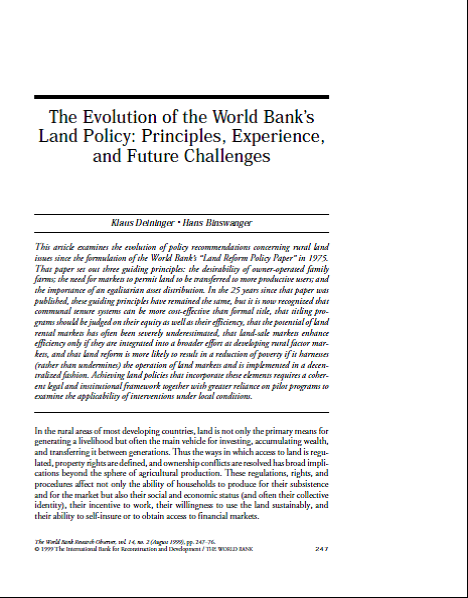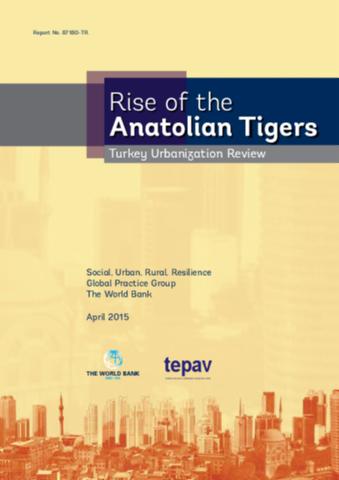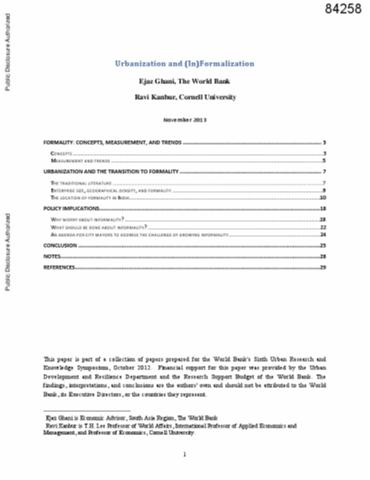Policy solutions in the U.S
The paper focuses on relocation, retreat, zoning, insurance, and subsidy as major dimensions of coastal hazard mitigation measures that have resurfaced as potent forces for combating coastal inundation and climate change. It reviews the issues surrounding the practice of these measures and discusses compatibilities of policies, engineering measures, and natural defense. Property rights, development interest, and distorted financial incentives pose as main barriers to coastal relocation and retreat policies in hazard-prone areas.







